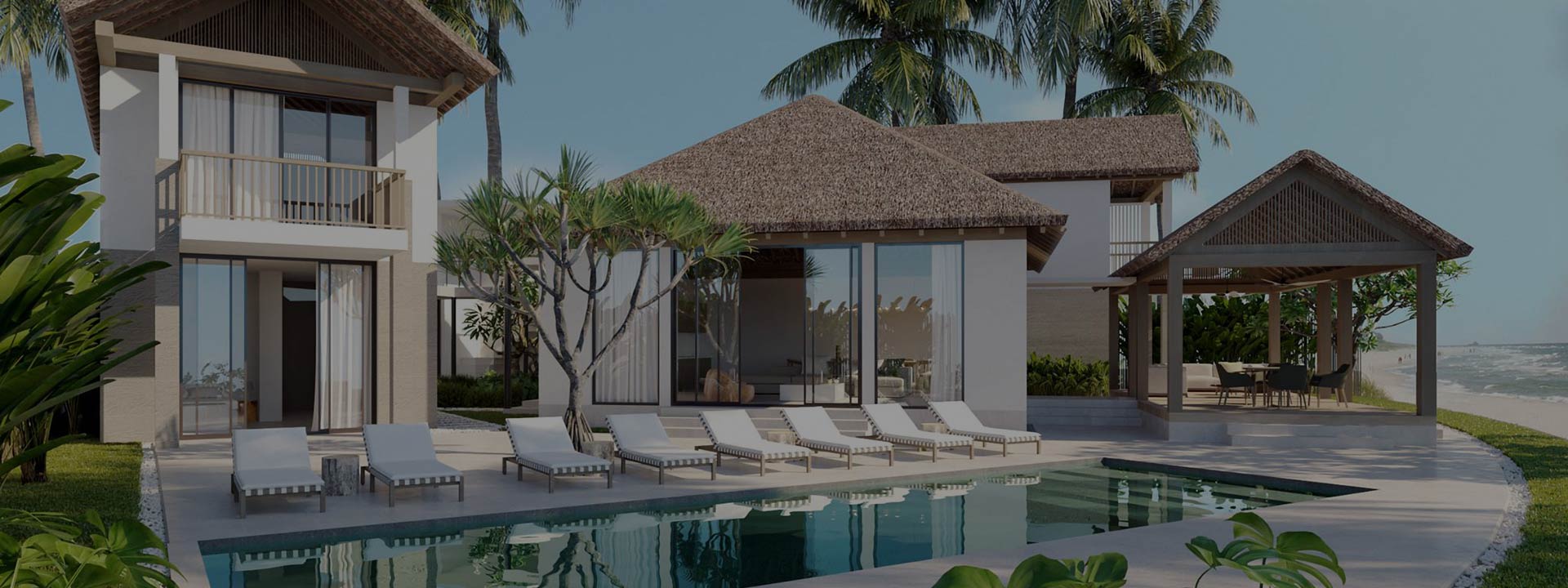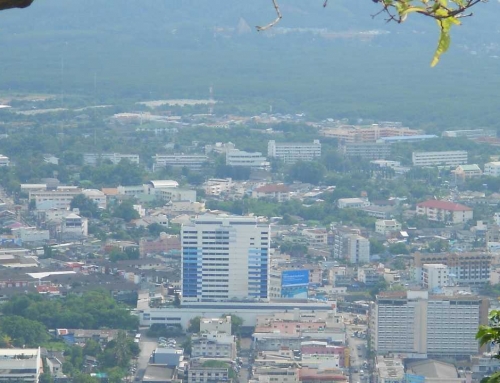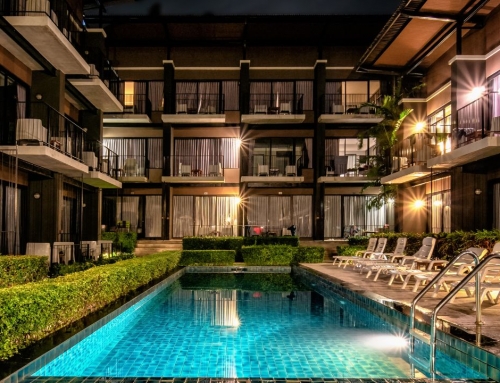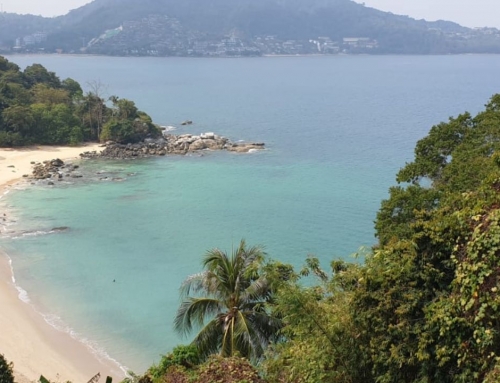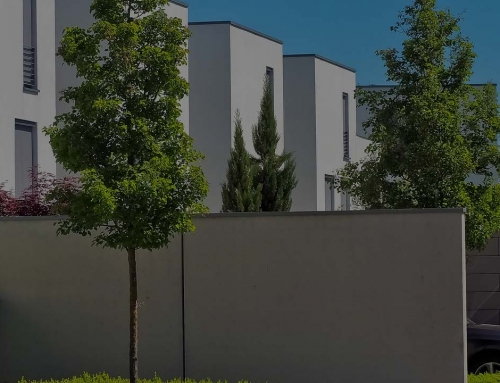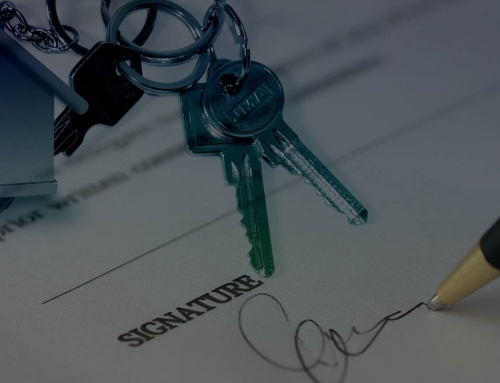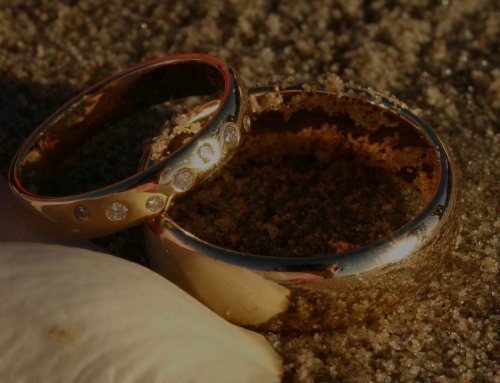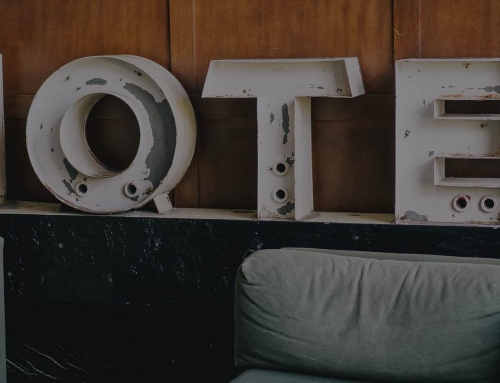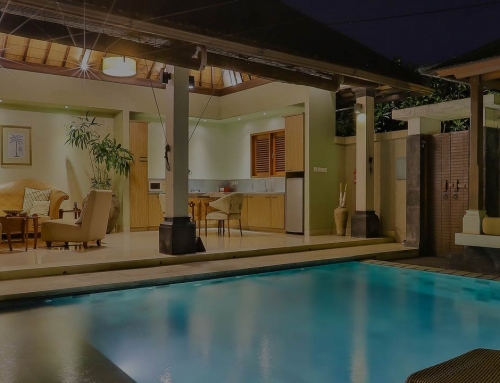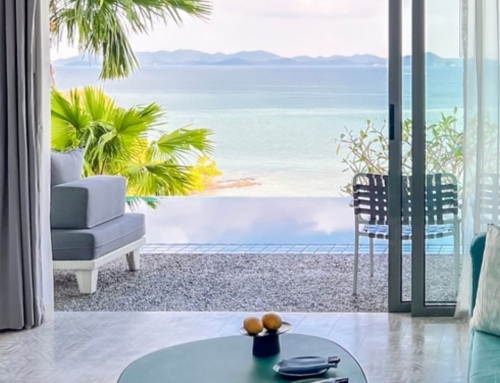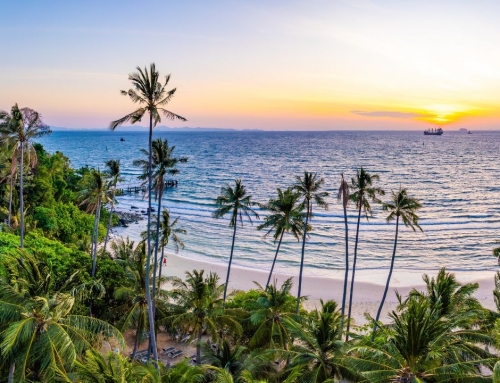By Phuket News Property · September 24, 2021
Updated November 27, 2025
Freehold ownership is the most secure form of property ownership available to foreigners in Thailand, but it is also one of the most widely misunderstood. The rules differ depending on whether you are buying a condominium, land or a landed house, and recent regulatory changes mean foreign buyers must now be more careful than ever. This guide explains exactly what freehold ownership means in Thailand, how it works in practice and what foreigners should understand before purchasing.
What freehold actually means in Thailand
Freehold ownership gives the owner full legal rights over a property without time limits. It applies differently across three categories:
Condominiums
Foreigners may own condominium units freehold in their personal name, provided the building complies with the Condominium Act and the project has available quota within the 49 percent foreign allocation.
Land
Land cannot be owned freehold by a foreigner. Thai law restricts land ownership to Thai individuals or qualifying Thai companies.
Houses and villas
A foreigner may own the building structure freehold, but not the land beneath it. In most cases, a long-term lease or other permitted structure is used to secure land use rights.
Understanding these distinctions is essential because the legal treatment of each type of property is very different.
Freehold condominium ownership
Condominium ownership is the clearest and most straightforward freehold option for foreigners.
Foreign quota and eligibility
Up to 49 percent of the total floor area of a condominium project may be owned by foreigners. To register the unit in a foreigner’s name, the buyer must also provide correct inward remittance documents, typically a Foreign Exchange Transaction Form (FETF) or a bank letter confirming funds came from overseas.
Required documentation
The Land Office will request documents proving lawful foreign currency remittance. Without these documents, ownership registration can be delayed or refused.
Transfers and inheritance
Freehold condominiums can be inherited by foreign beneficiaries, although registration may require additional documentation to show proof of inward funds. Naming beneficiaries on the FETF can help streamline the process and avoid later complications.
Freehold ownership of buildings (but not land)
Foreigners may own the physical building structure of a house or villa freehold. This is common in mixed developments where the land is leased and the villa itself is transferred via a separate building ownership contract.
How this is registered
The building is registered under the foreigner’s name at the District Office (Or Bor Tor) using a building transfer or building permit document. This is separate from land ownership.
What the building ownership includes
Freehold building ownership covers the villa structure, pool, and any other registered improvements. It does not give the owner rights over the land beyond what is provided under the lease, usufruct or other permitted agreement.
Why foreigners cannot own land freehold
Thai law places strict restrictions on land ownership by foreigners to prevent uncontrolled foreign acquisition of Thai real estate. Key legislation includes:
-
The Land Code
-
The Civil and Commercial Code
-
The Foreign Business Act
-
The Condominium Act
Only Thai nationals and majority-Thai-owned companies may hold land freehold. A company structure may be used only if it is a genuine operating business with real Thai shareholders, business activity and audited accounts. Using nominee shareholders to acquire land is illegal.
Current enforcement and regulatory climate
Land ownership through improper structures has become significantly riskier. Multiple Thai authorities are now coordinating investigations into nominee arrangements and unlawful ownership schemes. Agencies involved include:
-
AMLO
-
DBD
-
CSD
-
CIB
-
DSI
-
The Land Department
-
The Office of the Auditor General
These agencies share information to identify irregular ownership patterns, suspicious shareholder structures and companies that hold land without genuine business activity. Foreign buyers are strongly encouraged to avoid nominee setups entirely.
Condos versus landed property: choosing the right freehold path
Foreigners seeking true freehold ownership generally choose condominium units because they provide the strongest legal protection. For buyers who prefer a villa lifestyle, combining freehold building ownership with a long-term land lease is the most common approach, provided the contracts are drafted by reputable legal counsel.
The right choice depends on the buyer’s long-term goals, intended use of the property and risk tolerance.
Key points to consider before purchasing
-
A foreigner can own a condominium unit freehold if the project has available foreign quota and correct inward fund documentation.
-
A foreigner cannot own land freehold in Thailand.
-
A foreigner may own a house or villa structure freehold, but not the land beneath it.
-
Nominee company structures for land ownership are illegal.
-
Enforcement across multiple agencies has increased significantly.
-
Professional legal verification is essential before committing to any property purchase.

